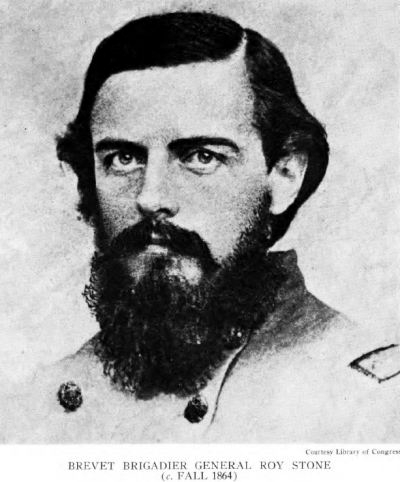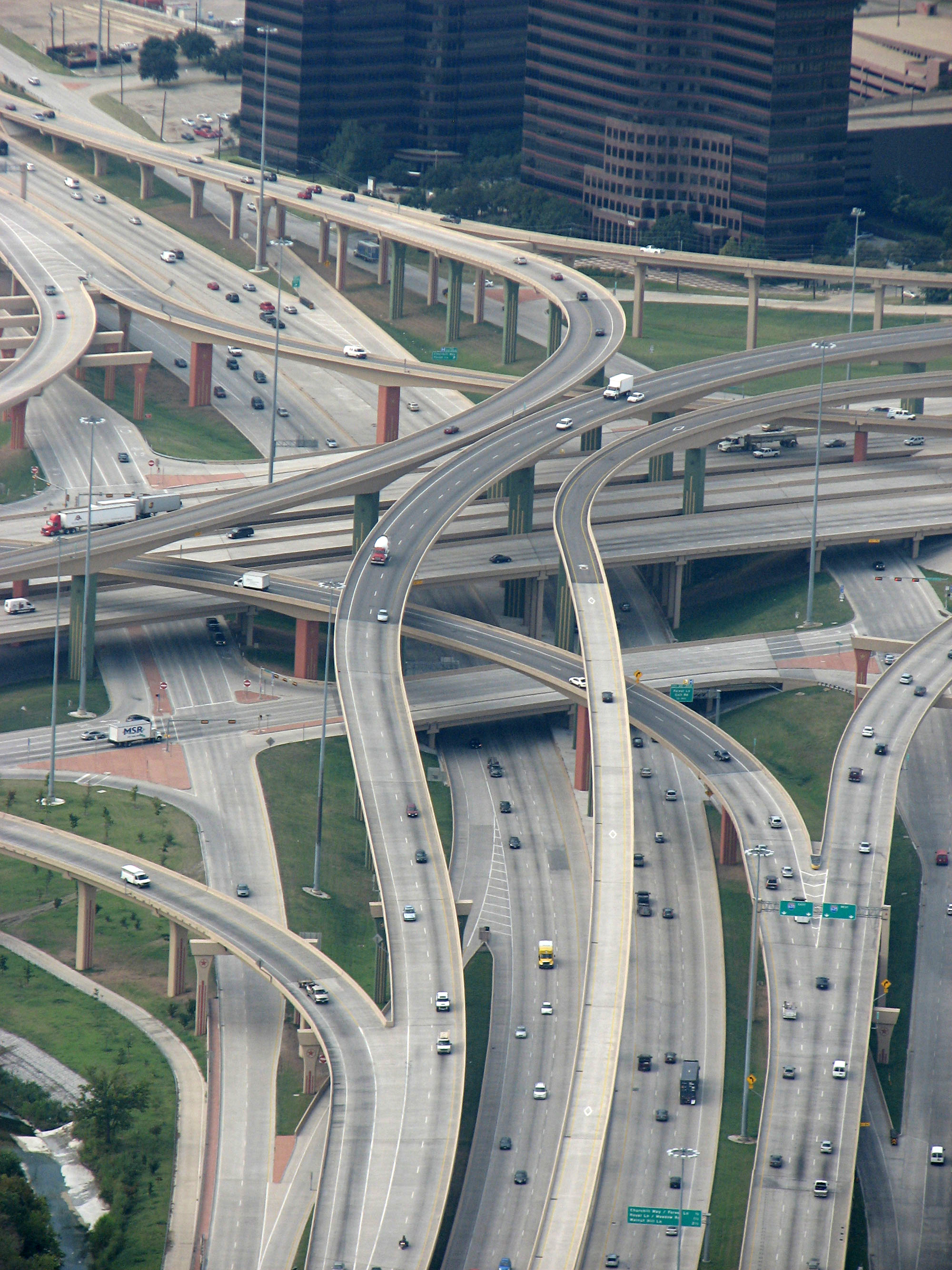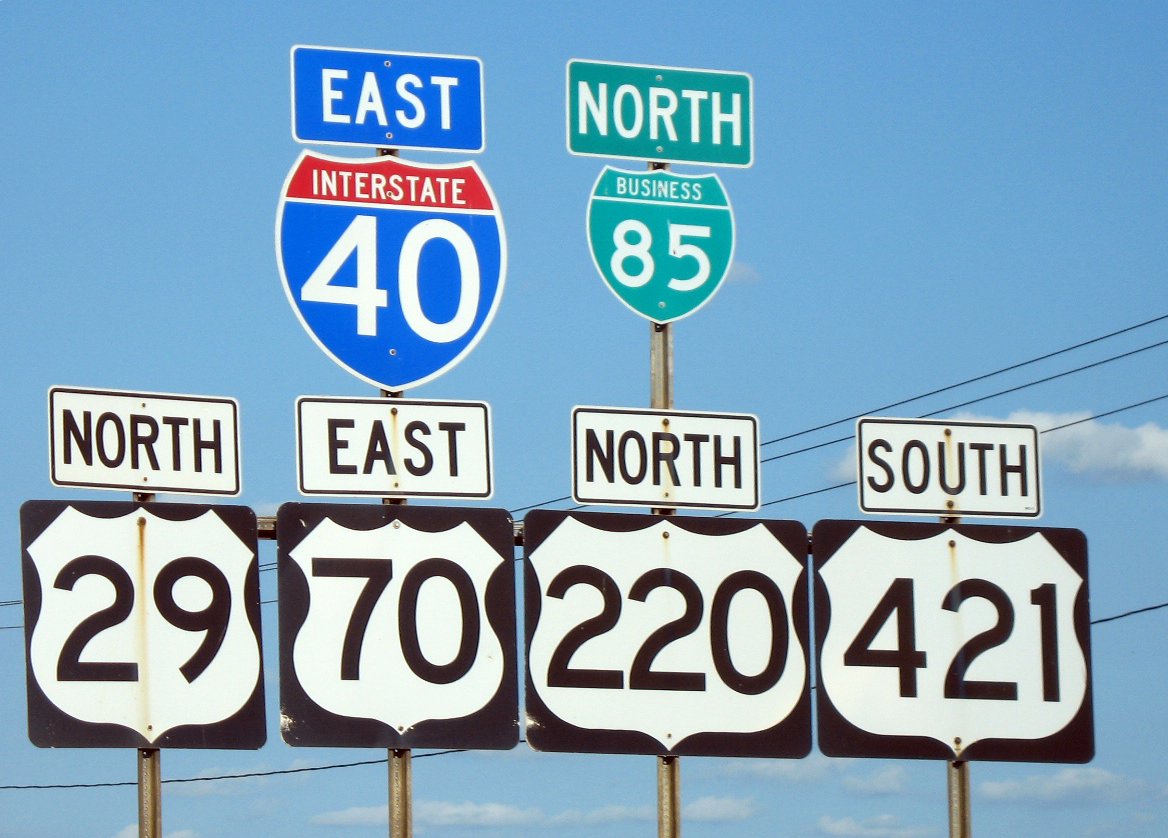|
Business Routes Of Interstate 75 In Michigan
There have been nine business routes for Interstate 75 in the US state of Michigan. Numbered either Business Loop Interstate 75 (BL I-75) or Business Spur Interstate 75 (BS I-75) depending if they are a full business loop or a business spur, these highways are former routings of Interstate 75 in Michigan, I-75's predecessor highways in the state. They were designated as I-75 was completed through the various areas of Michigan. The business loop in Pontiac, Michigan, Pontiac runs through that city's downtown along a section of Woodward Avenue and a segment of roadway formerly used by M-24 (Michigan highway), M-24. The former Saginaw, Michigan, Saginaw business loop was once a part of U.S. Route 23 in Michigan, US Highway 23 (US 23), as was most of the original Bay City, Michigan, Bay City business loop (that one has been converted into a business spur). The roadways that make up the business loops in West Branch, Michigan, West Branch and Roscommon, Michigan, ... [...More Info...] [...Related Items...] OR: [Wikipedia] [Google] [Baidu] |
Michigan
Michigan () is a state in the Great Lakes region of the upper Midwestern United States. With a population of nearly 10.12 million and an area of nearly , Michigan is the 10th-largest state by population, the 11th-largest by area, and the largest by area east of the Mississippi River.''i.e.'', including water that is part of state territory. Georgia is the largest state by land area alone east of the Mississippi and Michigan the second-largest. Its capital is Lansing, and its largest city is Detroit. Metro Detroit is among the nation's most populous and largest metropolitan economies. Its name derives from a gallicized variant of the original Ojibwe word (), meaning "large water" or "large lake". Michigan consists of two peninsulas. The Lower Peninsula resembles the shape of a mitten, and comprises a majority of the state's land area. The Upper Peninsula (often called "the U.P.") is separated from the Lower Peninsula by the Straits of Mackinac, a channel that joins Lak ... [...More Info...] [...Related Items...] OR: [Wikipedia] [Google] [Baidu] |
Indian River, Michigan
Indian River is an unincorporated community and census-designated place (CDP) in Cheboygan County in the U.S. state of Michigan. The population was 1,950 at the 2020 census. The CDP is located in Tuscarora Township between Burt Lake and Mullett Lake. As an unincorporated community, Indian River has no legal automony of its own but does have its own post office with the 49749 ZIP Code, which also serves small portions of several surrouding townships. History The area of Indian River was first settled as early as 1876. The community was founded two years later by land owner Floyd Martin and surveyed and platted by Oliver Hayden by 1880. The new settlement was named after the Indian River, which flows through the community. A post office was established on September 22, 1879. The North Central State Trail goes through the town. The National Shrine of the Cross in the Woods, an open-air sanctuary, is located in Indian River and dedicated to Kateri Tekakwitha, the first N ... [...More Info...] [...Related Items...] OR: [Wikipedia] [Google] [Baidu] |
American Association Of State Highway Officials
The American Association of State Highway and Transportation Officials (AASHTO) is a standards setting body which publishes specifications, test protocols, and guidelines that are used in highway design and construction throughout the United States. Despite its name, the association represents not only highways but air, rail, water, and public transportation as well. Although AASHTO sets transportation standards and policy for the United States as a whole, AASHTO is not an agency of the federal government; rather it is an organization of the states themselves. Policies of AASHTO are not federal laws or policies, but rather are ways to coordinate state laws and policies in the field of transportation. Purpose The American Association of State Highway Officials (AASHO) was founded on December 12, 1914. Its name was changed to American Association of State Highway and Transportation Officials on November 13, 1973. The name change reflects a broadened scope to cover all modes of ... [...More Info...] [...Related Items...] OR: [Wikipedia] [Google] [Baidu] |
Bureau Of Public Roads
The Federal Highway Administration (FHWA) is a division of the United States Department of Transportation that specializes in highway transportation. The agency's major activities are grouped into two programs, the Federal-aid Highway Program and the Federal Lands Highway Program. Its role had previously been performed by the Office of Road Inquiry, Office of Public Roads and the Bureau of Public Roads. History Background The organization has several predecessor organizations and complicated history. The Office of Road Inquiry (ORI) was founded in 1893. In 1905, that organization's name was changed to the Office of Public Roads (OPR) which became a division of the United States Department of Agriculture. The name was changed again to the Bureau of Public Roads in 1915 and to the Public Roads Administration (PRA) in 1939. It was then shifted to the Federal Works Agency which was abolished in 1949 when its name reverted to Bureau of Public Roads under the Department of Commerc ... [...More Info...] [...Related Items...] OR: [Wikipedia] [Google] [Baidu] |
United States Numbered Highway System
The United States Numbered Highway System (often called U.S. Routes or U.S. Highways) is an integrated network of roads and highways numbered within a nationwide grid in the contiguous United States. As the designation and numbering of these highways were coordinated among the states, they are sometimes called Federal Highways, but the roadways were built and have always been maintained by state or local governments since their initial designation in 1926. The route numbers and locations are coordinated by the American Association of State Highway and Transportation Officials (AASHTO). The only federal involvement in AASHTO is a nonvoting seat for the United States Department of Transportation. Generally, most north-to-south highways are odd-numbered, with the lowest numbers in the east and the highest in the west, while east-to-west highways are typically even-numbered, with the lowest numbers in the north, and the highest in the south, though the grid guidelines are not rigid ... [...More Info...] [...Related Items...] OR: [Wikipedia] [Google] [Baidu] |
M-10 (Michigan Highway)
M-10 is a state trunkline highway in the Metro Detroit area of Michigan in the United States. Nominally labeled north-south, the route follows a northwest-southeast alignment. The southernmost portion follows Jefferson Avenue in downtown Detroit, and the southern terminus is at the intersection of Jefferson and M-3 (Randolph Street) next to the entrance to the Detroit–Windsor Tunnel. The northern terminus is in West Bloomfield Township at the intersection with Orchard Lake Road. The highway has several names as it runs through residential and commercial areas of the west side of Detroit and into the suburb of Southfield. It is called the John C. Lodge Freeway (The Lodge), James Couzens Highway, and Northwestern Highway. One segment has also been named the Aretha Franklin Memorial Highway. M-10 was built in segments through the late 1950s and early 1960s. It carried several different names before the entire route was finally officially named the John C. Lodge Freeway in ... [...More Info...] [...Related Items...] OR: [Wikipedia] [Google] [Baidu] |
The Grand Rapids Press
''The Grand Rapids Press'' is a daily newspaper published in Grand Rapids, Michigan. It is the largest of the eight Booth newspapers. It is sold for $1.50 daily and $7.99 on Sunday. AccuWeather provides weather content to the ''Grand Rapids Press''. History ''The Morning Press'' was founded by William J. Sproat and appeared on Monday, September 1, 1890. Mr. Sproat was its proprietor until November 5, 1891, when control passed to the Press Publishing company. Soon after, the controlling interest in the company was purchased by George G. Booth, who in 1892 bought the rival ''Grand Rapids Eagle'' and merged it with the ''Press''. January 1, 1893, the ''Press'' went into the evening daily field, which it has since occupied. This newspaper at first was published at 63 Pearl Street. Then for a number of years it occupied a building on the Grand River at the southeast end of the Pearl Street bridge. In 1906 it moved to a new home at Fulton Street and Sheldon Avenue. The paper ... [...More Info...] [...Related Items...] OR: [Wikipedia] [Google] [Baidu] |
Annual Average Daily Traffic
Annual average daily traffic, abbreviated AADT, is a measure used primarily in transportation planning, transportation engineering and retail location selection. Traditionally, it is the total volume of vehicle traffic of a highway or road for a year divided by 365 days. AADT is a simple, but useful, measurement of how busy the road is. AADT is the standard measurement for vehicle traffic load on a section of road, and the basis for most decisions regarding transport planning, or to the environmental hazards of pollution related to road transport. Uses One of the most important uses of AADT is for determining funding for the maintenance and improvement of highways. In the United States the amount of federal funding a state will receive is related to the total traffic measured across its highway network. Each year on June 15, every state in the United States submits Highway Performance Monitoring System HPMS">Highway Performance Monitoring System">Highway Performance Monitoring Sy ... [...More Info...] [...Related Items...] OR: [Wikipedia] [Google] [Baidu] |
Trumpet Interchange
In the field of road transport, an interchange (American English) or a grade-separated junction (British English) is a road junction that uses grade separations to allow for the movement of traffic between two or more roadways or highways, using a system of interconnecting roadways to permit traffic on at least one of the routes to pass through the junction without interruption from crossing traffic streams. It differs from a standard intersection, where roads cross at grade. Interchanges are almost always used when at least one road is a controlled-access highway (freeway or motorway) or a limited-access divided highway (expressway), though they are sometimes used at junctions between surface streets. Terminology ''Note:'' The descriptions of interchanges apply to countries where vehicles drive on the right side of the road. For left-side driving, the layout of junctions is mirrored. Both North American (NA) and British (UK) terminology is included. ; Freeway junction, ... [...More Info...] [...Related Items...] OR: [Wikipedia] [Google] [Baidu] |
M-59 (Michigan Highway)
M-59 is an east–west state trunkline highway that crosses the northern part of Metropolitan Detroit in the US state of Michigan. It runs between Howell at Interstate 96 (I-96) and I-94 on the Chesterfield–Harrison township line near the Selfridge Air National Guard Base. While primarily a multi-lane surface highway, it is a full freeway from just east of downtown Pontiac near Opdyke Road to just east of the Mound Road/Merrill Road exit in Utica. The various surface highway segments are named either Highland Road, Huron Street or Hall Road, with the latter known as an area for shopping and dining. The rural sections west of Pontiac pass through Oakland County, Michigan, Oakland County lake country, passing through two state recreational areas. M-59 was first designated with the rest of the original state trunkline highway system by July 1, 1919 between Pontiac and Mt. Clemens, Michigan, Mt. Clemens. Extensions on both ends brought the termini as far as Howell and New Bal ... [...More Info...] [...Related Items...] OR: [Wikipedia] [Google] [Baidu] |
Concurrency (road)
A concurrency in a road network is an instance of one physical roadway bearing two or more different route numbers. When two roadways share the same right-of-way, it is sometimes called a common section or commons. Other terminology for a concurrency includes overlap, coincidence, duplex (two concurrent routes), triplex (three concurrent routes), multiplex (any number of concurrent routes), dual routing or triple routing. Concurrent numbering can become very common in jurisdictions that allow it. Where multiple routes must pass between a single mountain crossing or over a bridge, or through a major city, it is often economically and practically advantageous for them all to be accommodated on a single physical roadway. In some jurisdictions, however, concurrent numbering is avoided by posting only one route number on highway signs; these routes disappear at the start of the concurrency and reappear when it ends. However, any route that becomes unsigned in the middle of the concurren ... [...More Info...] [...Related Items...] OR: [Wikipedia] [Google] [Baidu] |
M-1 (Michigan Highway)
M-1, commonly known as Woodward Avenue, is a north–south state trunkline highway in the Metro Detroit area of the US state of Michigan. The highway, called "Detroit's Main Street", runs from Detroit north-northwesterly to Pontiac. It is one of the five principal avenues of Detroit, along with Michigan, Grand River, Gratiot, and Jefferson avenues. These streets were platted in 1805 by Judge Augustus B. Woodward, namesake to Woodward Avenue. The Federal Highway Administration (FHWA) has listed the highway as the Automotive Heritage Trail, an All-American Road in the National Scenic Byways Program. It has also been designated a Pure Michigan Byway by the Michigan Department of Transportation (MDOT), and was also included in the MotorCities National Heritage Area designated by the United States Congress, US Congress in 1998. The trunkline is the dividing line between Detroit's East and West sides and connects to some of the city's major freeways like Interstate 94 in Michigan, I ... [...More Info...] [...Related Items...] OR: [Wikipedia] [Google] [Baidu] |






